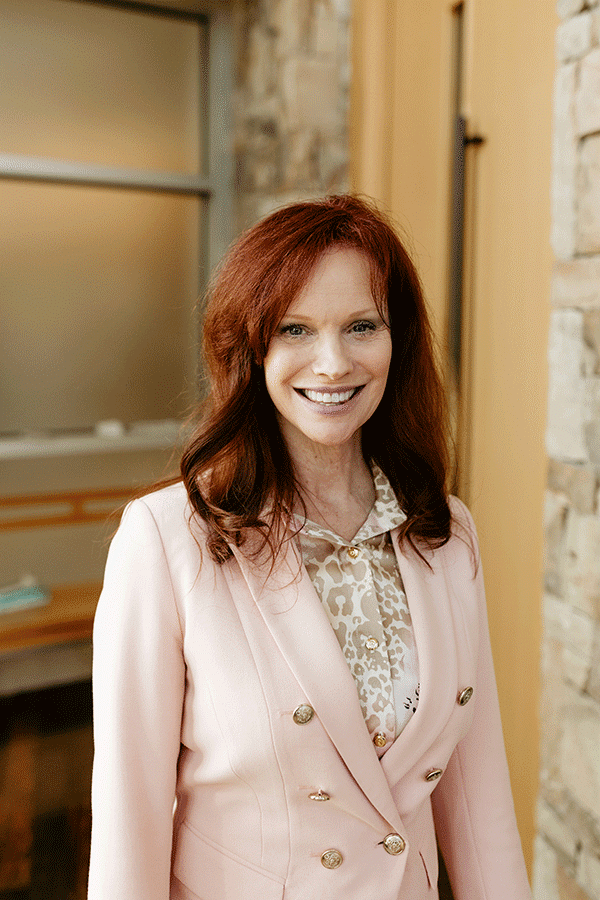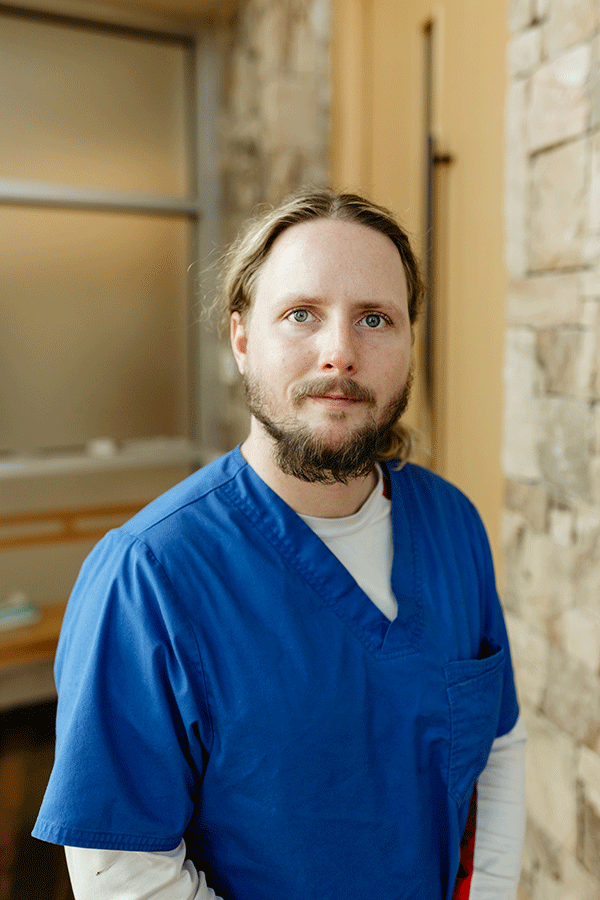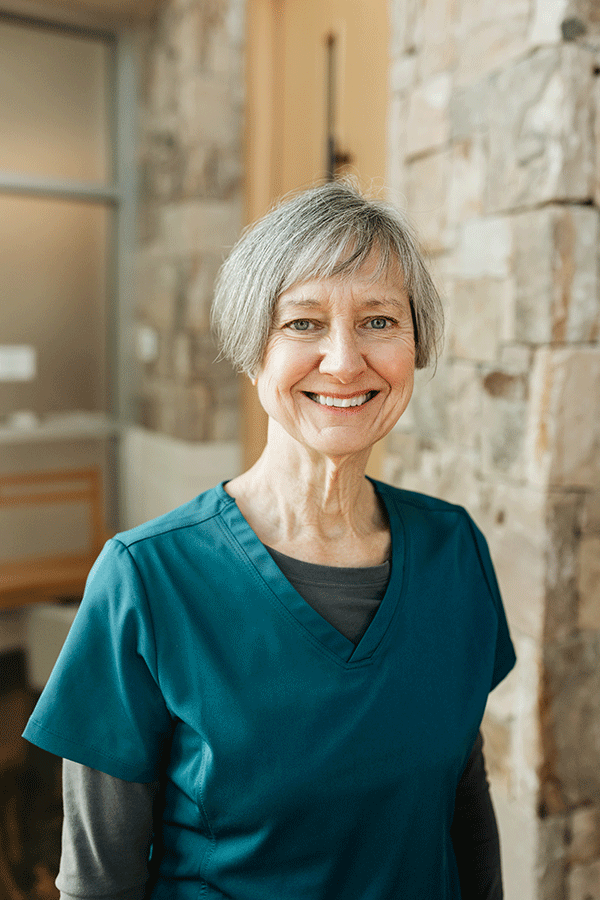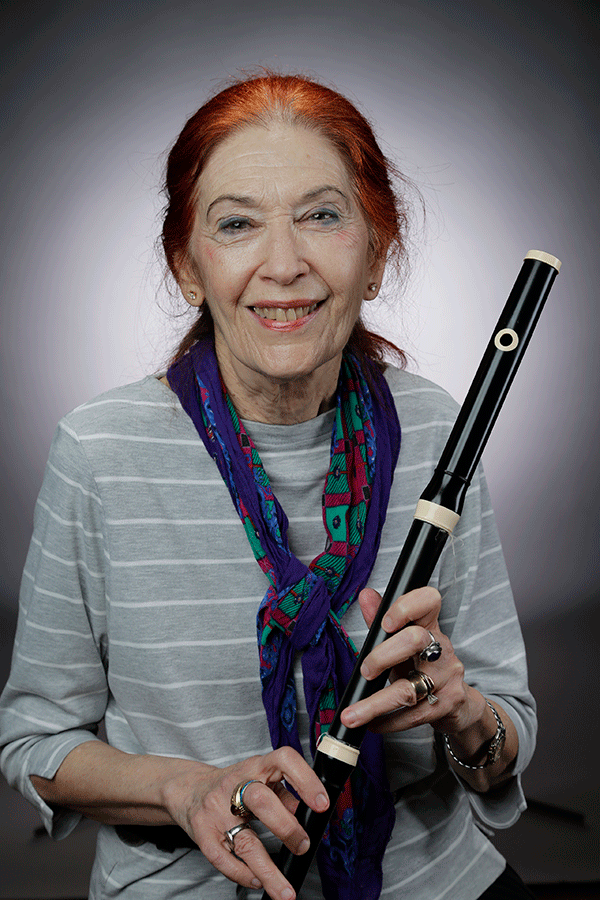What is Live Therapeutic Music?
Live Therapeutic Music creates a healing environment that helps minimize perception of pain, helps vital signs stabilize and allows patients to relax – even those who are intubated or not responsive.
Live Therapeutic Music guides a patient to a relaxed state.
Live Therapeutic Is NOT:
- Entertainment
- Music Therapy (Music Therapists see their patients for months or years)
- Background music
Sound has the ability to overwhelm a patient’s nervous system. A person may be startled by a loud sound – a huge crack of thunder – an emergency siren – or a screaming infant. The response to the loud or unexpected sound raises the heart rate, blood pressure and breathing signaling the “Fight or Flight” response. Live Therapeutic Music is used to produce the opposite effect – to calm the nervous system.
For a patient in the hospital, the nervous system is almost continually in or on the edge of the fight or flight response. The body in this state is less able to “accept” the medical intervention that is being given on their behalf. The Live Therapeutic Musician’s goal is to lead the patient’s nervous system back to what is called the “Rest and Digest” state so that the patient remains calm and the body focuses on healing.
About Our Program
Live Therapeutic Music is performed by Certified Music Practitioners who are trained to understand how sound affects the human body. The musician monitors their patient, paying close attention to their heart rate, blood pressure, oxygen saturation and respiration. To request a live therapeutic musician, please ask your nurse or physician for a consult.
The program is funded by employee donations through the NGHS Foundation, allowing the hiring of certified therapeutic musicians who provide Live Therapeutic Music to patients as part of their care plan.
Frequently Asked Questions
It’s easy! Request a live therapeutic musician from your nurse or physician, or call 770-862-9899.
Sessions can last from 20 minutes to one hour.
You can decline at any time.
Live therapeutic music has been shown to help stabilize blood pressure, ease anxiety, and promote relaxation.
No, live therapeutic music requires nothing of you but your presence.
Currently, live therapeutic music is only being offered at NGMC Gainesville and Braselton.
Meet Our Musicians

Lori Hamrick
Coordinator of the Live Therapeutic Music Program
Pianist, Vocalist, Certified Music Practitioner (CMP)
Lori’s earliest memories in life are of sounds and music – the vibrations of her mother’s singing while holding Lori to her chest, the magnificent pipe organ that shook the pews at church, the life affirming sounds that crackled through her sister’s transistor radio like Frankie Valli and the Four Seasons’ “Sherry Baby”, the Beatlemania of “I Wanna Hold Your Hand” and Burt Bacharach’s timeless ballad “What the World Needs Now” left an indelible impression on her of the power that sound has in life.
Lori has a Bachelor’s Degree in Music Performance, has shared the stage with Barry Manilow, Samuel L. Jackson, the Miss America Pageant System, holds certification in research, plays piano, guitar, sings, composes music, makes sounds on the cello, is a former President of the North Fulton Music Teachers Association and has an extensive background in musical theater. Her favorite roles onstage include Eliza Doolittle in “My Fair Lady”, Lily in “The Secret Garden” and Daisey Mae in “Li’l Abner”. She is a gifted singer whose voice has been called “angelic” and she is often compared to Sarah Brightman, the original “Christine” in “Phantom of the Opera”, Olivia Newton John and Sandy Patti. She likes to tell patients “You don’t have to be a good audience. The best compliment you can pay me is to fall asleep”.

Max Eve
Guitarist, Certified Music Practitioner (CMP)
Max has been playing guitar for almost two decades and is a markedly versatile musician who works with many genres. His evolving fascination with music has lead him to perform in many arenas, from playing rock and roll around the world to Pachelbel’s Canon at wedding ceremonies.
Max has always sought to connect with others through his music, and his work as a CMP has allowed him to do this in a truly meaningful way and as a service to others. When providing therapeutic music, Max often uses instrumental adaptations of classic and modern pop songs and styles them appropriately to the patient or setting. His inclusion of current pop music such as Adele or Jason Mraz makes him particularly effective with younger patients, but songs by the Beatles are perhaps his favorite and most often used. Max is also skilled in improvisation through his influences in Jazz, Classical, Blues and Latin guitar.

Robin Prechter
Harpist, Certified Music Practitioner (CMP)
Music has always been a big part of Robin’s life. Her father taught his children to love and appreciate music through listening or playing classical music on his piano. He had studied to become a classical concert pianist, but he became a surgeon instead. Music and medicine, what a perfect pairing. He later became Robin’s first patient. She played piano to help ease his pain and anxiety during his last months of life. Her mother, who was her second patient, fell asleep to Robin playing Chopin on her piano. Robin then realized there was some magic to music being used therapeutically, having seen it for herself.
Robin was drawn to studying the harp as an adult while earning her certification to become a Therapeutic Musician. The vibrations from the strings and the tone of the harp give her joy and peace, and her hope is that her patients experience joy or peace as well.
Robin has been playing therapeutic music for patients at the Gainesville campus of NGHS since 2013 and is very proud to have helped make her dream of a NGHS Therapeutic Music Department become a reality.

Teresa Texeira
Baroque Flutist, Certified Music Practitioner (CMP)
I’ve always loved playing for babies. From the beginning of my therapeutic music internship, NICU was a real passion for me. Seeing a tiny baby that weighs less than a pound turn and follow me with their eyes gives me such a sense that I am connecting with this them. I also remember how difficult it was to suddenly be a new mom and I love to encourage parents and babies. Having a baby in NICU is frightening and seeing their babies respond to music is a great inspiration for them.
My mom was a Labor/ Delivery Nurse for 30 years at Crawford Long Hospital and she was adamant that I study music. She made sure I had flute lessons from 4th grade. Years later, as Mom’s dementia began to show, I was looking for a way to understand how I could support her. I discovered a training program for Live Therapeutic Music and then, in my internship, another door opened when I begged for the opportunity to play in NICU. Scary, exciting and humbling – it felt like I had come full circle, using my flute. My mom’s gift of music to me became a way for me to help others. Her gift had come full circle.
Hearing is the first sense to develop in babies and it is the last sense to leave us as we die. Babies, especially preemies, are very sensitive and fragile. For my NICU patients, I use a copy of a baroque flute, from around 1750, that is softer and gentler; the babies seem to really respond to it. Maybe it is because it is the same register as their mom’s voice?
Babies will often react to specific pitches; they seem to have favorite notes. Watching their monitors, you can often see heart rates calm down and breathing deepen; oxygen saturation improves. Studies have shown that NICU babies given live music have shorter NICU stays, show less stress, less oxygen supplementation use and have better appetites.
I am delighted to be a part of the sweet and kind NICU team here at NGHS.

